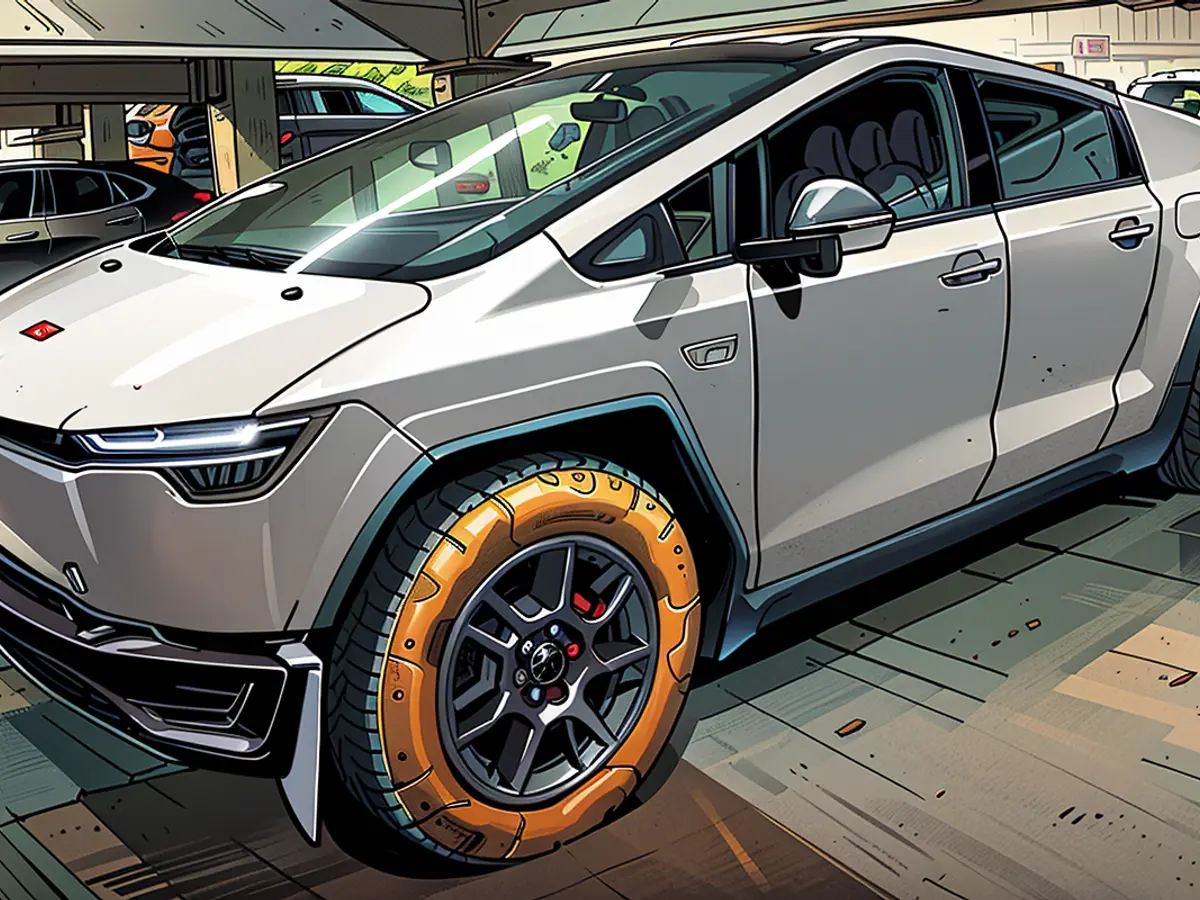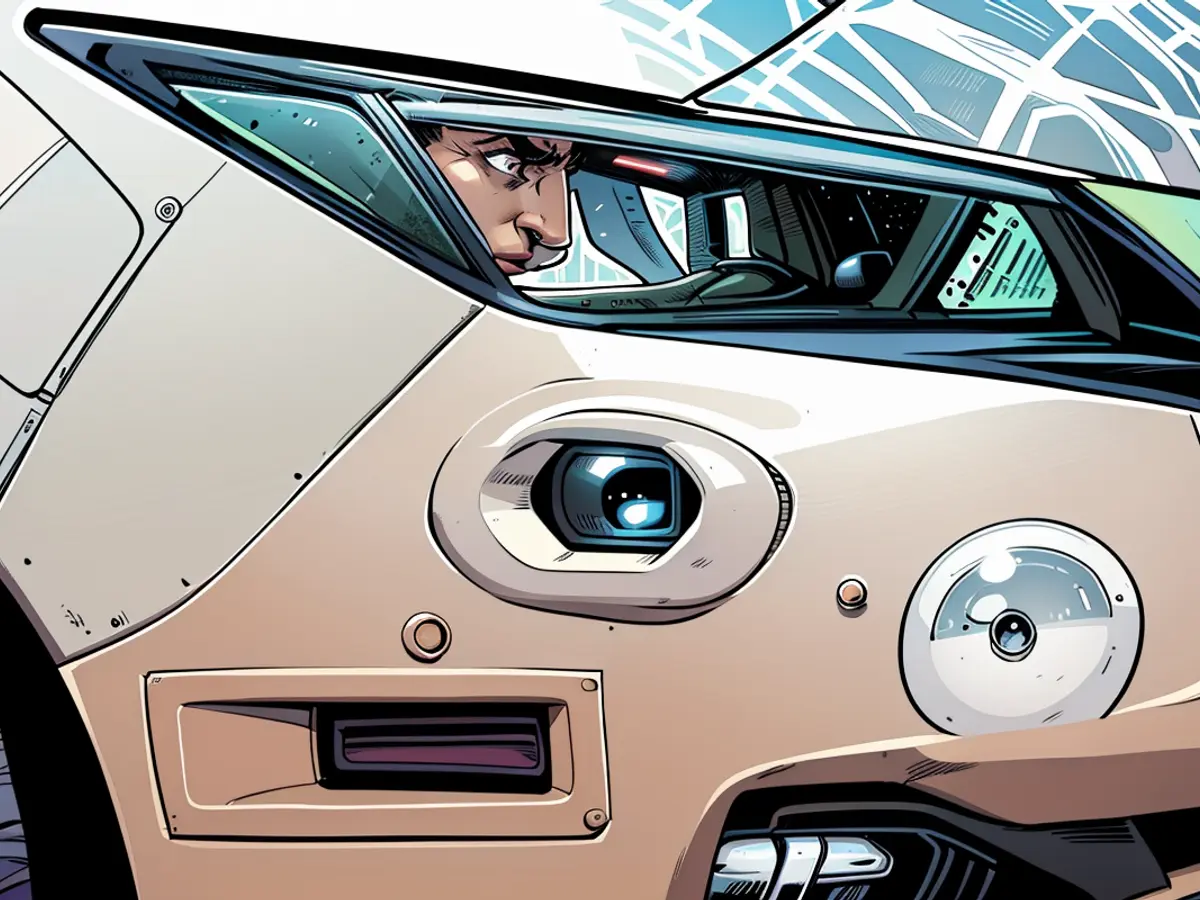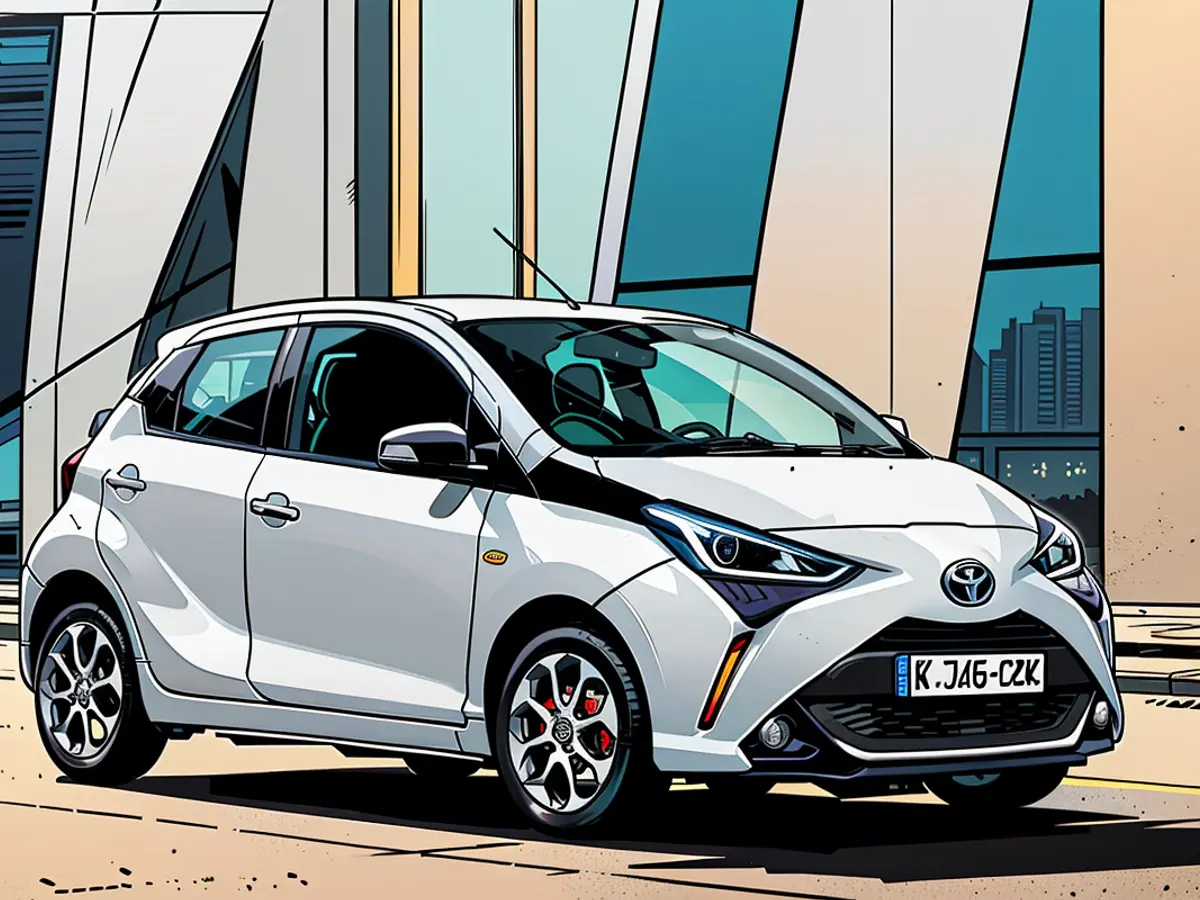Electric truck - Man prohibited from selling his parked Cybertruck that doesn't fit in assigned spot by Tesla.
If you're the owner of a Tesla Cybertruck, it's essential to have ample space for this massive vehicle. The Cybertruck measures 5.7 meters in length and 1.79 meters in height, with the mirrors folded down, it's 2.4 meters wide. In the United States, these specifications are not an issue due to the lack of wider roads or larger cars. However, some people face limitations with these dimensions in their everyday lives.
American Blaine Raddon encountered one such predicament. When he purchased the Cybertruck during its initial presentation, he resided in a house with his wife. As time passed and people waited for the delivery of their long-awaited vehicles, life continued - and Raddon divorced and moved into an apartment complex.
When the truck becomes excessively large
Upon inspecting his parking spot at his new residence, Raddon realized that his Cybertruck wouldn't fit. He sought a solution, similar to many others who experienced changes in their living conditions - sell the car.
However, the process of selling this immensely sized vehicle proved challenging. In the US, there are other cars of similar dimensions, and falling into debt after seeing pictures on the internet is unfortunately common.
But purchasing a Cybertruck comes with rules. In the early versions of the contract that Raddon also signed, it read: "You comprehend that the Cybertruck will initially be delivered in limited quantities. You consent to not sell or attempt to dispose of the vehicle in the first year after the delivery date." If selling the car proved unavoidable, the contract also stated that Tesla had to be informed and given the right of first refusal. This clause no longer seems to be present in the new version of the agreement.
The hopeful buyer wanted to follow the rules. He contacted Tesla and presented four options:
- Cancelling the deal
- Exchanging the Cybertruck for a new sedan
- Returning it to Tesla
- Permitting the sale without profit or markup
Tesla rebuffs the buyer's suggestions
The contacted Tesla dealer rejected his options and reiterated that transferring the car within the first year was prohibited.
Feeling defeated, Raddon relayed his predicament to Tesla once again, explaining his attempts to resolve his unfortunate situation where the Cybertruck didn't align with his life circumstances. "Forcing me to keep this truck that doesn't fit my life scenario seems unfair and does not match the agreement's intentions in the contract at all," he wrote.
According to "Business Insider," Raddon is still waiting for a response from Tesla. He mentioned that he would adhere to the rules and not take legal action against the company. Raddon has secured authorization from his property management to park the Cybertruck on his parking lot, despite its overhang, without any liability.
Read also:
- Despite the size constraints at his new apartment, Raddon considered reselling his Cybertruck, but found it challenging due to the vehicle's popularity and the existing contract's restrictions on resale within the first year.
- The woman, Blaine Raddon, encountered difficulties reselling her resale Cybertruck in the USA, as the vehicle's massive size and initial contract restrictions made it a unique challenge.
- As a result of the vehicle's size and the contract's restrictions, the woman's resale attempt for her Cybertruck in the USA faced challenges, leaving her with a vehicle that didn't fit her new living situation.








